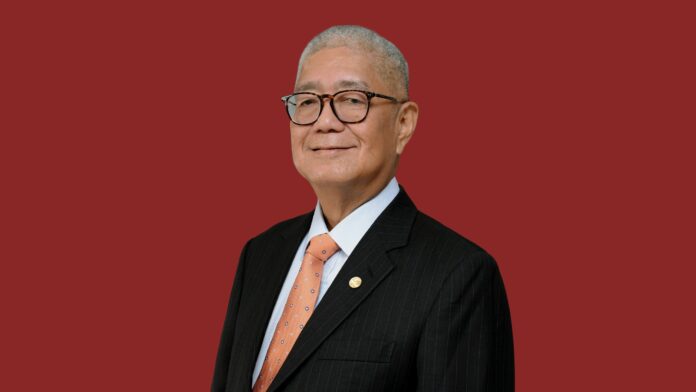The Bankers Association of the Philippines (BAP) has launched a new interest rate swap market, marking a pivotal move to enhance the domestic bond market’s liquidity and deepen capital markets in the Philippines. The initiative is expected to stimulate savings, investment, and the transmission of monetary policy, all critical to sustaining the country’s economic growth.
Bangko Sentral ng Pilipinas governor Eli M. Remolona welcomed the launch, noting that the new peso interest rate swap market (PESO IRS) will create a benchmark yield curve, enable better loan pricing and provide investors with more hedging and positioning options. This development is the result of a close collaboration between the BSP, the BAP, the national government, and local and foreign banks.
Sixteen banks have committed to being market makers for the PESO IRS, ensuring a stable price environment for swaps across maturities ranging from one month to ten years. The swaps are based on the Philippine overnight reference rate (ORR), introduced last year, and are expected to make interest rate movements more transparent, thereby enhancing the ability of small and medium-sized enterprises (SMEs) and consumers to access financing.
The launch of the PESO IRS is just one part of a broader strategy. The BSP and the Bureau of the Treasury are also working on simplifying tax procedures and creating more liquid bond benchmarks. Further, the BSP is exploring the use of global master repurchase agreement (GMRA) contracts, which could improve the government securities repo market, providing banks with greater access to Treasuries.
These efforts, combined with ongoing discussions with credit rating agencies and financial market index providers, are positioning the Philippines to become more attractive to both local and foreign investors. Notably, JPMorgan recently identified the Philippines as a potential candidate for inclusion in its Government Bond Index-Emerging Markets (GBI-EM), a move that would further integrate the country into global capital markets.
Governor Remolona emphasized the reforms will help the BSP achieve its monetary policy goals, promoting price stability and sustainable economic growth. The new market infrastructure will also support broader financial market accessibility, benefiting the wider Philippine economy as it continues to grow rapidly.







